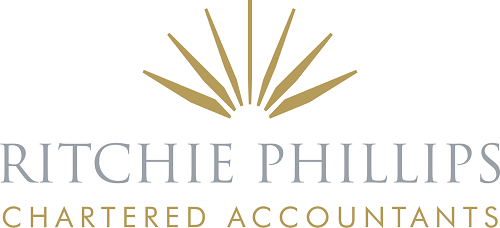Tax Efficient Investments
There are a number of tax efficient investment schemes.

Enterprise Investment Scheme (EIS)
EIS gives you tax relief for investing in new shares in qualifying unquoted trading companies. The tax incentives for investing in companies qualifying for EIS relief are intended to compensate for the high risk of failure.
The tax reliefs are:
- EIS income tax relief at 30% on up to £1million invested provided the shares are held for at least three years.
- This limit increases to £2 million if at least £1 million of that is invested in “knowledge intensive” companies.
- The possibility of carrying back the tax relief to the previous tax year.
- Further tax relief if the investment is disposed of at a loss or the company fails.
- Capital gains on EIS qualifying shares escape capital gains tax if the investment is held for three years.
- Capital gains of any size from the disposal of any assets can be deferred by reinvesting into EIS qualifying shares, providing reinvestment is made in the period one year before and three years after the date of disposal. The gains deferred become chargeable when the shares which qualify for EIS relief are sold.
In a climate of increasing tax rates, you will need to consider whether it is in your best interests to defer a capital gain currently taxable at up to 28% to a later tax year when an increased tax rate might apply.
Seed Enterprise Investment Scheme (SEIS)
SEIS was introduced for shares issued in small start-up companies less than two years old.
The tax reliefs are:
- SEIS income tax relief at 50% on amounts invested up to £100,000 provided the shares are held for at least three years.
- The possibility of carrying back the tax relief to the previous tax year.
- Capital gains on SEIS investments escape capital gains tax if the investment is held for three years.
- Further tax relief if the investment is disposed of at a loss or the company fails.
- Capital gains on the disposal of any asset can be made 50% exempt by reinvesting the gain in qualifying SEIS shares provided the investment is made in the same tax year as the disposal.
The potential for 50% tax relief (or up to 78% tax relief if you have realised capital gains in the current year) should make SEIS attractive to individuals who wish to back potentially high growth businesses in the UK.
Venture Capital Trusts (VCTs)

VCTs are quoted investment trusts that invest in a range of small trading companies.
The tax reliefs are:
- Income tax relief at 30% on up to £200,000 invested in a tax year.
- No capital gains tax on disposal of the shares in a VCT if the shares are retained for five years.
- Dividends are tax free.
The tax incentives are again intended to compensate for the high risk of failure.
Social Investment Relief (SIR)
SIR is designed to encourage private individuals to invest in social enterprises including charities.
The tax reliefs are:
- SIR income tax relief at 30% on amounts invested up to £1million.
- Capital gains on SIR qualifying shares escape capital gains tax if the investment is held for three years.
- Similar to EIS, capital gains of any size from the disposal of any assets can be deferred by reinvesting into SIR qualifying shares. The gains deferred become chargeable when the shares which qualify for SIR relief are sold.
There are limits and restrictions on the activities of the social enterprise.
Community Investment Tax Relief (CITR)
CITR is designed to encourage private individuals to invest in accredited Community Development Finance Institutions. The amount invested attracts income tax relief at the rate of 5% per annum of the amount invested for five years, giving in total tax relief of 25%.
Investment risks
It is important to remember that investments that qualify for EIS, SEIS, VCTs, SIR and CITR are all high risk, highly illiquid and difficult to realise other than in accordance with the intended exit route, if indeed one is available or permitted at the time of investment.
Please call us if you’d like more information or to discuss your end of year tax planning.
